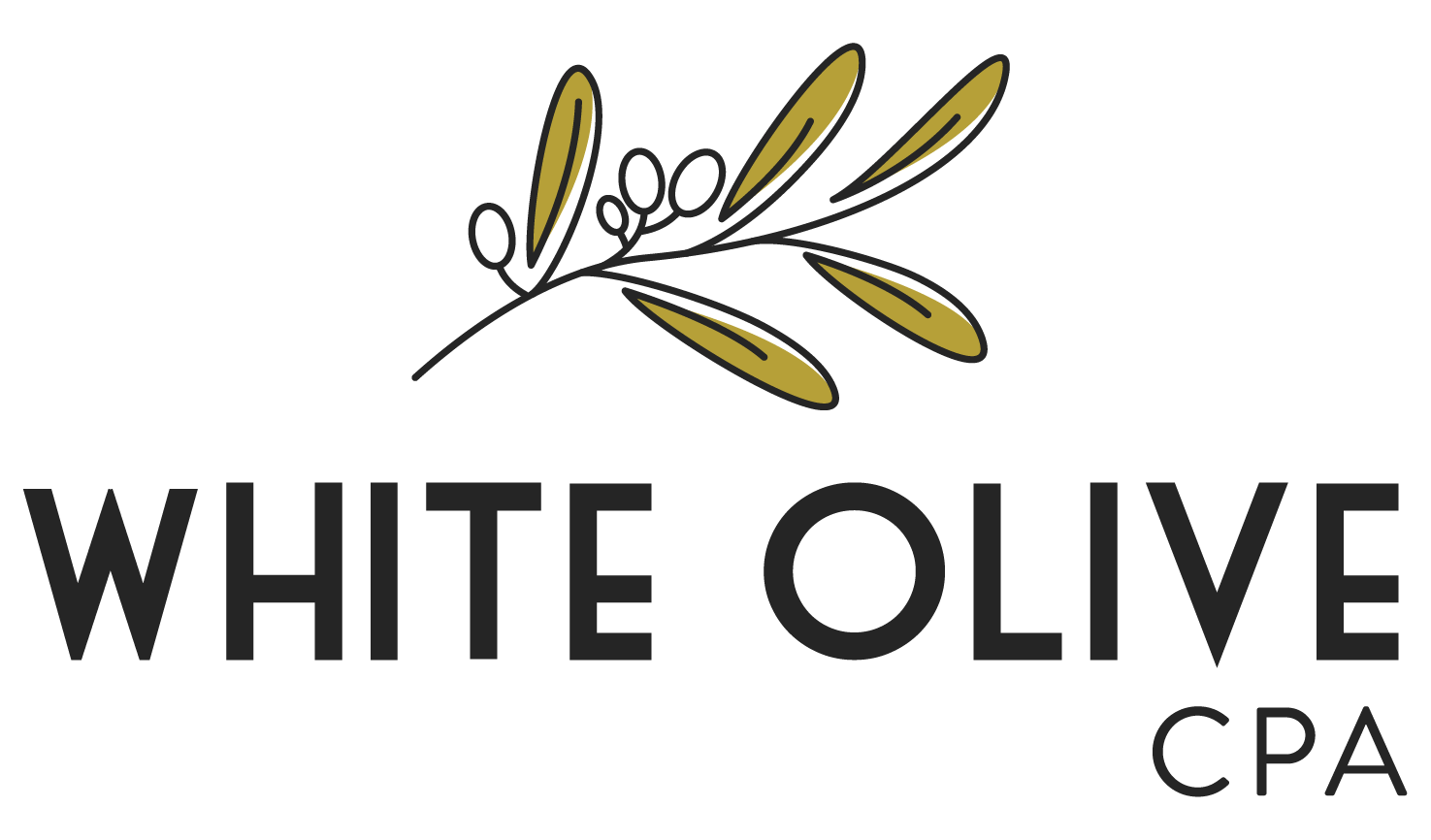Call Us 615-582-1880
How Can I Improve the Cash Flow of My Business?
May 19, 2023
Cash flow is the lifeblood of any business, serving as a crucial indicator of its financial health and sustainability. Whether you're a small startup or an established company, maintaining a healthy cash flow is essential for long-term success and growth.
However, many businesses face the challenge of managing their cash flow effectively. In this article, we will explore various strategies and practical tips to help you improve cash flow for your business, ensuring that you have the necessary funds to cover expenses, invest in growth opportunities, and weather unforeseen challenges.
One of the fundamental aspects of improving cash flow is a comprehensive understanding of your business's financial inflows and outflows. Start by closely monitoring your cash flow regularly, tracking all the money coming in and going out of your business.
By maintaining accurate records and using reliable accounting software, you can identify patterns, detect potential cash flow bottlenecks, and make informed decisions to optimize your finances. This real-time visibility into your cash flow will enable you to proactively manage your business's financial position and promptly address any cash flow issues.

Steps to Help Improve Business Cash Flow
Having a healthy cash flow is essential for any business to remain successful. If your business is experiencing cash flow problems, there are a few steps you can take to help improve the situation. Here are some tips to help you improve your cash flow.
- Analyze Your Current Situation: The first step to improving your cash flow is to analyze your financial situation. Look at your cash flow statement and identify areas where you are losing money or not bringing in enough income. This will help you identify any areas where you can make improvements.
- Improve Your Collections Process: If you are having trouble collecting customer payments, consider implementing a more efficient collections process. This could include automating invoices, sending payment reminders, or offering incentives for early payment. You may also consider offering payment plans or discounts for customers who pay early.
- Reduce Costs: Another way to improve your cash flow is to reduce costs. Look for areas where you can reduce expenses, such as cutting back on unnecessary spending, renegotiating contracts, or exploring more cost-effective suppliers. You may also consider introducing cost-saving measures, such as reducing office space or implementing remote working.
- Increase Your Prices: If you find it challenging to cover your costs, you may need to consider increasing your prices. Make sure to research the market and ensure your prices remain competitive. You may also consider offering discounts or promotions to encourage customers to purchase your products or services.
- Improve Your Credit Terms: If you sell products or services on credit, you may want to consider improving your credit terms. This could include offering longer payment terms or offering discounts for early payment. You may also want to consider offering customers the option to pay by credit card, which can help improve your cash flow.
- Seek Financial Assistance: If you are still struggling to improve your cash flow, you may want to consider seeking financial assistance. This could include taking out a loan or applying for a grant. You may also want to speak to an accountant or financial advisor to discuss your options.
Improving your cash flow can be difficult, but you can succeed with the right strategies and tools. By analyzing your current situation, improving your collections process, reducing costs, increasing your prices, and seeking financial assistance, you can help improve your cash flow and ensure the success of your business.
Let's Find Ways to Free Up Your Capital!
How Can a Commercial CPA Help Identify Areas of Improvement?
When it comes to improving the cash flow for your business, seeking the expertise of a commercial-certified public accountant (CPA) can be a game-changer. A commercial CPA brings a wealth of financial knowledge and experience to the table, offering valuable insights and guidance that can help identify areas of improvement in your cash flow management. Here's how a commercial CPA can be instrumental in optimizing your business's financial health:
In-depth Financial Analysis
A commercial CPA possesses the skills and expertise to conduct a comprehensive financial analysis of your business. They delve deep into your financial records, examining your cash flow statements, profit and loss statements, balance sheets, and other relevant financial documents.
By scrutinizing these financial metrics, a commercial CPA can identify patterns, trends, and potential areas of concern that may impact your cash flow. Their analytical prowess enables them to interpret financial data meaningfully, providing you with a clear understanding of your business's current financial situation.

Cash Flow Forecasting
A commercial CPA can assist you in developing accurate cash flow forecasts, which are essential for effective financial planning. They utilize historical financial data, market trends, and industry benchmarks to project your future cash inflows and outflows.
By employing sophisticated financial modeling techniques, a commercial CPA can help you anticipate periods of cash surplus or shortage, enabling you to mitigate any potential cash flow challenges proactively. This forward-looking approach empowers you to make informed decisions regarding investment opportunities, expenditure prioritization, and financing options.
Expense Optimization
One area where a commercial CPA can significantly impact is identifying opportunities for expense optimization. By meticulously examining your expenses, a commercial CPA can pinpoint areas of inefficiency and recommend strategies to reduce costs without compromising the quality of your products or services.
They can review your vendor contracts, negotiate better terms, and identify alternative suppliers that offer more cost-effective solutions. Implementing their recommendations can enhance your bottom line, free up cash, and improve your overall cash flow.
Risk Assessment and Mitigation
A commercial CPA possesses a keen eye for risk assessment and can help you identify potential financial risks that may hamper your cash flow. They thoroughly analyze your business's financial operations, internal controls, and risk management processes.
By doing so, they can pinpoint areas where vulnerabilities exist and propose strategies to mitigate those risks. This proactive approach minimizes the likelihood of cash flow disruptions due to unforeseen events or internal weaknesses, ensuring the stability of your business's financial position.

Strategic Planning and Growth Opportunities
Beyond cash flow management, a commercial CPA can also assist you in strategic planning and identifying growth opportunities for your business. They can analyze your financial data, assess market conditions, and provide insights on potential avenues for expansion or diversification.
By aligning your cash flow goals with your long-term business objectives, a commercial CPA can guide you in making sound financial decisions that support sustainable growth and maximize profitability.
Ready to Schedule Your FREE Discovery Call?
How Can a Commercial CPA Help Identify Areas of Improvement?
Managing business debt is a crucial aspect of improving cash flow. If your business is burdened with multiple loans or high-interest debts, exploring options for consolidating or renegotiating your debt may be worthwhile.
Taking proactive steps in this area can significantly relieve your cash flow and create a more sustainable financial foundation. Here's how consolidating or renegotiating business debt can help improve your cash flow:
Reduced Monthly Payments
Consolidating your business debt allows you to combine multiple loans or debts into a single, more manageable payment. You can significantly reduce your monthly debt obligations by negotiating favorable terms, such as a lower interest rate or extended repayment period.
This reduction in monthly payments directly improves your cash flow by freeing up funds that can be allocated to other essential business expenses or invested in growth opportunities. It alleviates the strain on your financial resources, making maintaining a healthy cash flow easier.

Lower Interest Rates
High-interest rates can significantly drain your cash flow, as a significant portion of your monthly payments goes toward servicing interest rather than reducing the principal balance. Through debt consolidation or renegotiation, you can secure lower interest rates.
This can be achieved by leveraging your improved creditworthiness, negotiating with lenders, or exploring alternative financing options. By lowering your interest rates, you can reduce the overall cost of your debt and allocate more funds toward other critical areas of your business, effectively improving your cash flow.
Extended Repayment Terms
Renegotiating your business debt allows for extending the repayment terms and spreading the debt over a longer period. This can reduce your monthly payments, making them more affordable and easing the burden on your cash flow.
By stretching out the repayment schedule, you can allocate a smaller portion of your monthly revenue toward debt servicing, allowing for greater financial flexibility. This improved cash flow enables you to meet other financial obligations, invest in growth initiatives, or build up reserves for unexpected expenses.
Improved Financial Stability
Consolidating or renegotiating your business debt can provide a sense of financial stability. By reducing the number of creditors and simplifying your debt structure, you gain better control over your financial obligations.
This increased stability enhances your cash flow management by minimizing the risk of missed or delayed payments, which can result in costly penalties or damage your business's creditworthiness. A stable financial position allows you to plan more effectively, allocate resources efficiently, and confidently navigate future challenges, all contributing to a healthier cash flow.

Enhanced Cash Flow Planning
Debt consolidation or renegotiation offers an opportunity to create a more predictable and manageable cash flow planning process. With a single debt payment and more favorable terms, you can accurately forecast your monthly cash outflows, making aligning your expenses, revenue, and working capital needs easier.
This enhanced visibility enables you to make informed financial decisions, allocate resources strategically, and proactively manage your cash flow. You gain greater control over your business's financial health by eliminating the uncertainties and complexities associated with multiple debts.
Why Choose White Olive CPA for Commercial CPA Services?
Finding the right commercial CPA takes time and effort, but it is vital for the success of your business. Our experienced team of CPAs is dedicated to providing comprehensive services that meet the unique needs of your business. Schedule a discovery call with us today to learn more about our services and how we can help you reach your financial goals.
Business Hours
- Mon - Fri
- -
- Sat - Sun
- Closed
All Rights Reserved | White Olive CPA, LLC | Terms & Conditions | Privacy Policies | Disclaimer | Photography by Lifestyle By Le Blanc | Website Designed & Hosted by Makena Delaney Creative | Sitemap
